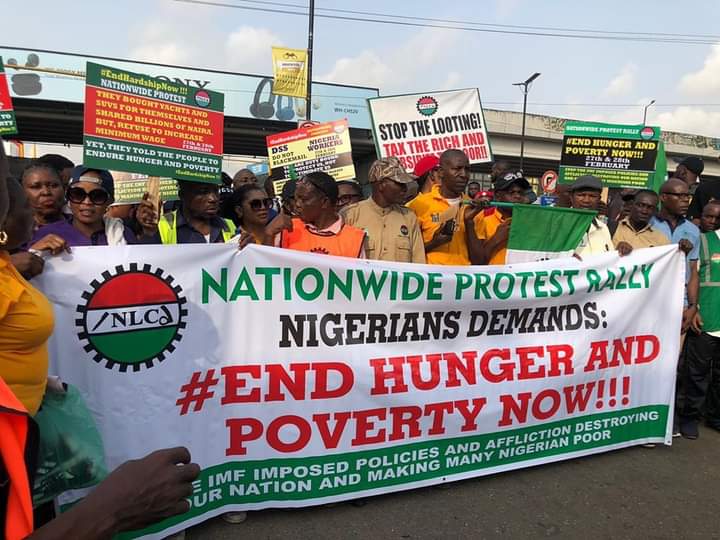Sequel to alleged regulatory infractions, the Central Bank of Nigeria recently announced the revocation of licences of 4,173 Bureau De Change operators in the country.
The banking sector regulator said it took the decision because the affected foreign exchange market institutions had failed to observe regulatory provisions.
The bankers’ bank noted that its action was an exercise of the powers conferred on it under the Bank and Other Financial Institutions Act (BOFIA) 2020, Act No. 5, and the Revised Operational Guidelines for Bureaux De Change 2015 (the Guidelines).
The Acting Director of Corporate Communications at CBN, Mrs. Sidi Ali Hakama, who confirmed the development in a statement issued on Friday, March 1, 2024, said the measure was part of efforts to restore confidence in the nation’s foreign exchange market.
The CBN also disclosed that it was revising the regulatory and supervisory guidelines for Bureau de Change operations in Nigeria.
According to the banking regulator, compliance with the new requirements will be mandatory for all stakeholders in the sector.
The CBN disclosed these include payment of all necessary fees, such as licence renewal, within the stipulated period in line with Guidelines, rendition of returns in line with the Guidelines, and compliance with guidelines, directives and circulars of the CBN, particularly Anti-Money Laundering (AML), Countering the Financing of Terrorism (CFT) and Counter-Proliferation Financing (CPF) regulations.
It is a well-known fact that Nigeria has been struggling with high inflation, food inflation, foreign exchange crisis, economic hardship and high cost of living caused by the removal of petrol subsidy, attracting protests in some parts of the country.
Subsequently, the Naira, Nigeria’s national currency has experienced a dip in the last nine months since President Bola Tinubu effected the unification of the foreign exchange window.
The Naira has seen an all-time low, falling from about N700/$1 in May 2023 to more than N1, 500/$1 at the moment.
As part of the measures aimed at restoring the value of the Naira, the regulators have turned attention to crypto currency websites, clamping down on them through telecommunication companies.
“Therefore, we welcome the decision of the CBN as the way to go for the stabilisation of the foreign exchange market as it will help to cut speculation and round tripping in the market.”
The Governor of the CBN, Olayemi Cardoso, said two weeks ago that illicit flows in the form of crypto exchanges passed through Binance to the tune of $26 billion.
“We are concerned that certain practices go on that indicate illicit flows going through a number of these entities (crypto platforms) and suspicious flows at best,” Cardoso told reporters during the first Monetary Policy Committee meeting of the CBN this year
He also noted that, “In the case of Binance, in the last one year alone, $26bn has passed through Binance Nigeria from sources and users who we cannot adequately identify.”
It is our point that Bureau De Change operations in Nigeria should not be an all comers’ affairs.
The apex bank should move to a very aggressive regulatory environment by putting strict regulations together to sanitise the market against arbitrage.
It has been observed that too many people have gone into the Bureau De Change sector.
Before the latest CBN action, there were more than 5,000 Bureau de Change operators, going on to 6,000 which definitely had different interests depending on when they saw themselves.
At some point in time, the Bureau de Change was used strictly with the intention of many who applied for these licenses to take advantage of the different windows in the foreign exchange market and in the process, arbitrage the system on an ongoing basis.
“By the time these guidelines come up, it is expected that for certain categories of BDCs in a particular location, the minimum share capital will be half a billion naira, and for those who choose to work throughout the country, their share capital is N2bn.
“We are also putting strict regulations as to who should be a potential owner of a BDC. In order words, we don’t expect it to be an all comers’ affairs; we expect it to be those who are serious and who genuinely want to provide services for Nigerians, and not for themselves,” Cardoso said.
He added that technology will be deployed for the operations of BDCs and the regulatory exercise will “increase competition and competition should drive down prices and Nigerians should benefit from it.”
Therefore, we welcome the decision of the CBN as the way to go for the stabilisation of the foreign exchange market as it will help to cut speculation and round tripping in the market.
It will also help to sanitize that segment of the foreign exchange market, reduce speculative attack on the naira and make it easier for the CBN to supervise the BDCs.
The action should be seen as one of the measures that underscore the CBN’s commitment to addressing exchange rate distortions and stabilizing the foreign exchange market to promote economic stability and growth.

